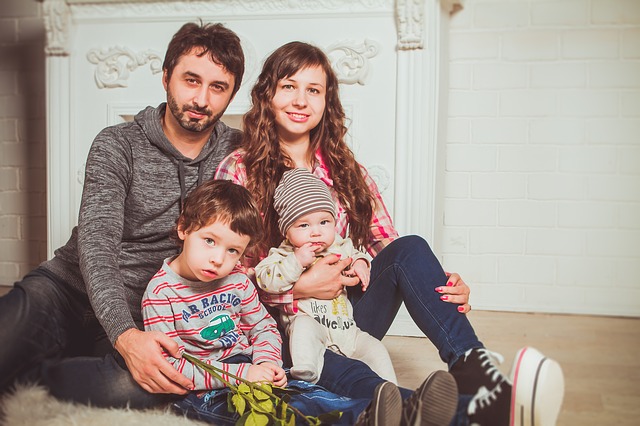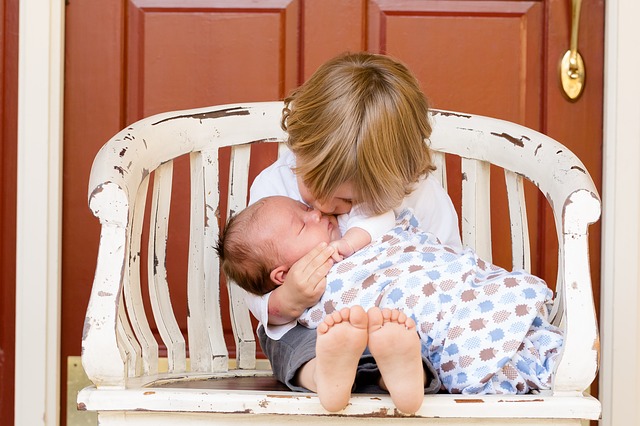Most couples think about whether they want one or two or more children before their first child is born. However, the birth of the first child can change everything: some parents think that one child is enough, while others decide that they want as many children as possible, even though they had already decided that they were an only child.
Deciding to have a second child means taking into account a variety of factors:
the health and age of the parents,especially the mother – the woman must be in good physical and mental health and want a second child or be convinced that now is the right time. It is not advisable to solve things by force. Nor is it advisable to have a child unless the mother herself has decided to have one. If serious problems arise during the first pregnancy, it is advisable to consult a physician and to take his recommendations to heart.
The family\’s economic situationalso plays a major role in the decision. Our social system is not very supportive of families with children, often requiring them to rely on their own funds or savings; if you feel you cannot financially manage a second child, consider whether there is a solution or put this plan on the back burner.
The age difference between siblings is very important. Having another child is not necessarily a decision for the parents alone; the first child must also be considered. It depends on the age and overall psychological maturity of the child. According to experts, the ideal age difference between children is three years. At this age, the first child is more likely to be jealous of younger siblings. Siblings coming into the family is not understood and everything can become very complicated.
However, it is important to remember that each child is an individual and therefore develops differently and may have different ways of understanding family situations.
Whatever decision you make, think about the needs of the older child when the next baby arrives; give equal attention to both children and do not put the older child on the back burner;
be aware that the older child may be more sensitive to the needs of the younger child than the younger one.